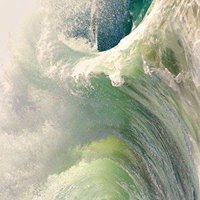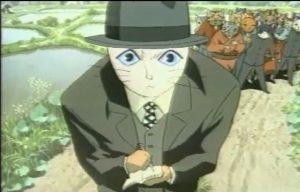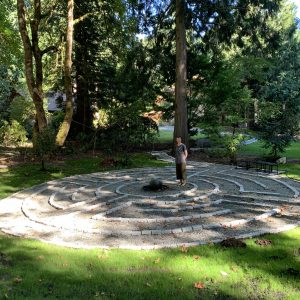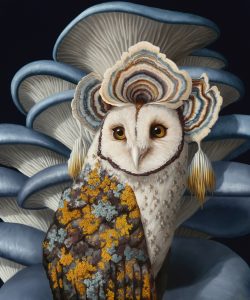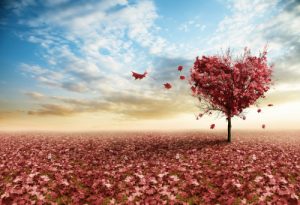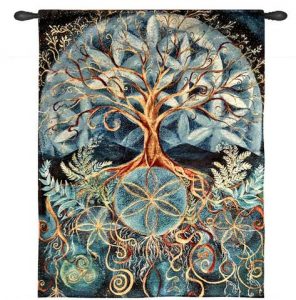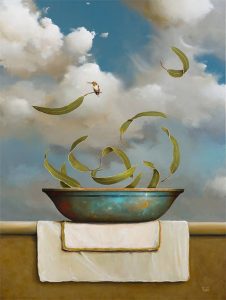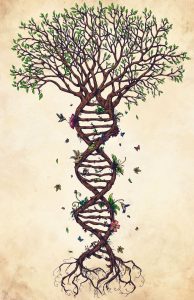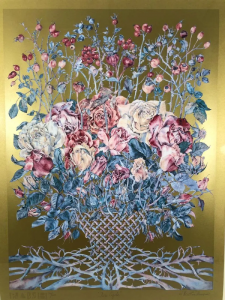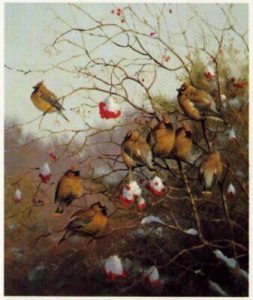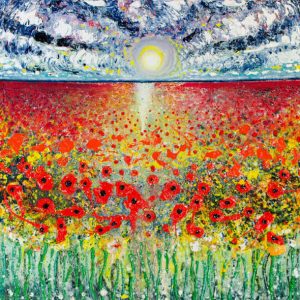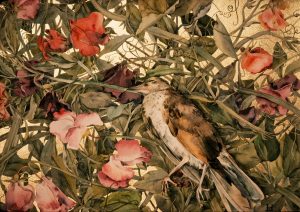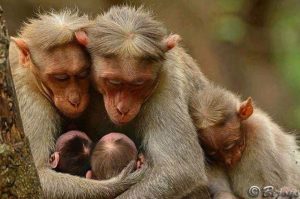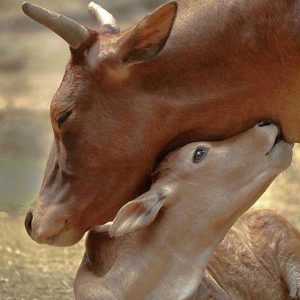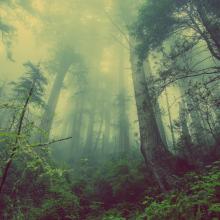 The Yogabliss, Two Rivers/RiverTree Yoga on-line Moving into Meditation classes met this morning. We contemplated how our circle of belonging is so like a forest. We lend each other kinship and support. We grow toward the light. We are planted and nurtured within a web of mutuality. We are part of a spiritual commons created by others who live in memory.
The Yogabliss, Two Rivers/RiverTree Yoga on-line Moving into Meditation classes met this morning. We contemplated how our circle of belonging is so like a forest. We lend each other kinship and support. We grow toward the light. We are planted and nurtured within a web of mutuality. We are part of a spiritual commons created by others who live in memory.
We can be inspired by trees. They are born, survive and give themselves to new life in a vast web of relation. In our practice we can cultivate the deep caring that encompasses the whole web – including future generations.
We drew inspiration from poet Mary Oliver’s poem, When I Am Among the Trees. The poem is from her last collection, Devotions: The Selected Poems of Mary Oliver. Mary invites us to go easy, to fill with light and to shine.
We heard from Irish poet philosopher, John O’Donohue’s Eternal Echoes: Celtic Reflections on Our Yearning to Belong. He believes the hunger to belong is at the heart of our nature. We fail to thrive unless we are nourished by our kinship with the each other and the world.
We ended with poet Carolyn Locke’s query: What Else? This poem is from her collection, The Place We Become. The poem invites us to be filled with light and “improbable hope.”

